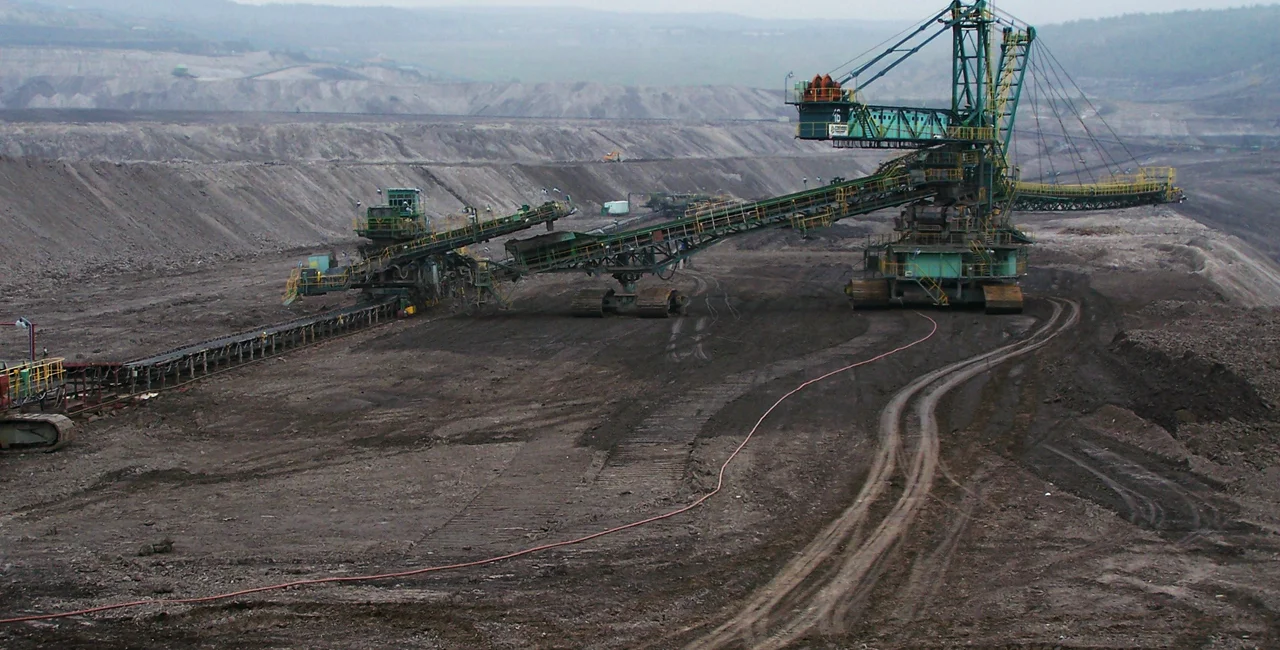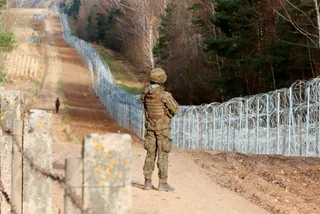The Czech Republic and Poland share strong ties politically, historically and economically. In recent months, the governments of the two countries have pulled together to oppose a wave of illegal migration into the EU from Belarus, and to criticize an EU climate change strategy which they claim will damage local economies.
Yet one issue continues to cast a cloud over Czech-Polish relations. A bitter dispute has been raging for months over continued operations at the huge Turów lignite mine, situated just over the Polish border only 15 kilometers away from Liberec in northern Bohemia.
After the Czech Republic took Poland to the European Court of Justice over the damage which operations at the mine are causing to the local environment, the EU weighed in by ordering the closure of Turów and levying a daily fine on Poland for each day the mine keeps operating.
Polish Prime Minister Mateusz Morawiecki has since insisted that Brussels will not get a cent of the fines imposed on Poland, and in a press conference yesterday he poured cold water on any hopes that the change in Czech government might bring about a softening in the Polish stance on the issue.
“I emphasize that we are not going to stop the work of the mine and the power plants,” he said. “The complex provides heat and electricity to hundreds of thousands of households. Shutting operations at this mine would lead to cold Polish homes. If the European Court of Justice thinks that with a single decision it can bring about a lack of electricity and heat in Polish homes, it is sorely mistaken.”
Continued operations at the Turów mine have become symbolic of Poland’s rejection of EU authority on a range of domestic and international issues. In this context, the arrival of a more EU-friendly regime in Prague following the election victory of the SPOLU coalition in October may actually prove a hindrance rather than a help in fixing relations.
In his speech yesterday, Morawiecki emphasized that negotiations with the Czech side will continue, saying “it is possible to end this dispute amicably” and expressing a hope that “negotiations will move forward in January.”
New Czech Prime Minister Petr Fiala and his Civic Democrat (ODS) party have so far been vague about their stance on the Turów dispute besides the need for an agreement with Poland. ODS politician Petr Beitl rejected EU interference on the matter after the coalition's election victory, saying that “neighborhood disputes should be settled in the neighborhood, not by the European Court of Justice.”
Yet with a Polish proposal for mitigating the negative effects of the mine rejected by the outgoing Czech Environment Ministry in November, failure to properly address air pollution and decreased water supplies could lead to a deep sense of betrayal among Czech residents living near the mine. Amid global interest and under pressure from Brussels, stepping into the fractious negotiations on the Turów mine is likely to be one of the toughest tasks facing the new Czech government.












 Reading time: 2 minutes
Reading time: 2 minutes 



























